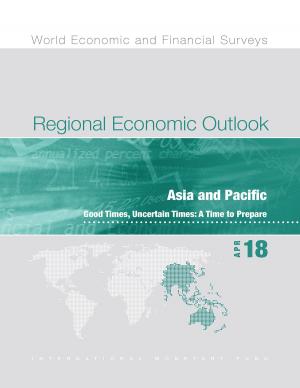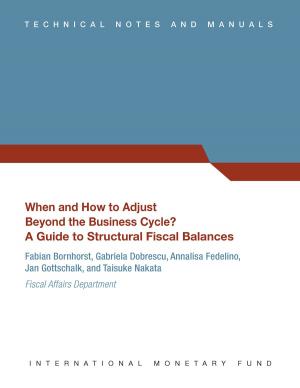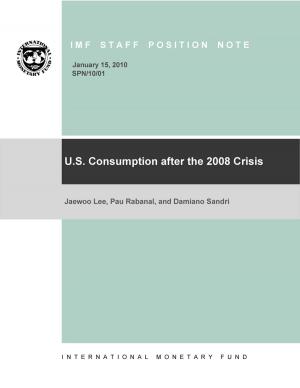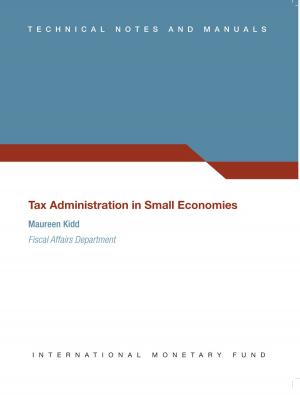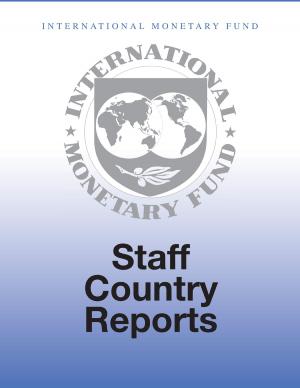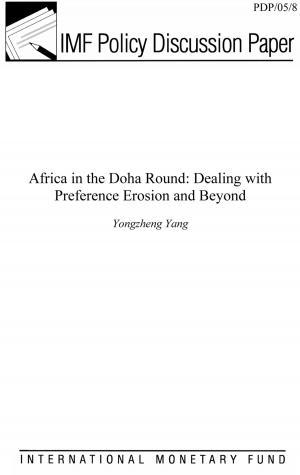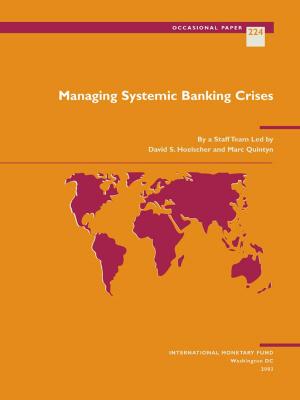Sovereign Debt Structure for Crisis Prevention
Business & Finance, Economics, Public Finance, Finance & Investing, Banks & Banking, Macroeconomics| Author: | Eduardo Mr. Borensztein, Olivier Mr. Jeanne, Paolo Mr. Mauro, Jeromin Mr. Zettelmeyer, Marcos Mr. Chamon | ISBN: | 9781452772530 |
| Publisher: | INTERNATIONAL MONETARY FUND | Publication: | January 26, 2005 |
| Imprint: | INTERNATIONAL MONETARY FUND | Language: | English |
| Author: | Eduardo Mr. Borensztein, Olivier Mr. Jeanne, Paolo Mr. Mauro, Jeromin Mr. Zettelmeyer, Marcos Mr. Chamon |
| ISBN: | 9781452772530 |
| Publisher: | INTERNATIONAL MONETARY FUND |
| Publication: | January 26, 2005 |
| Imprint: | INTERNATIONAL MONETARY FUND |
| Language: | English |
The debate on government debt in the context of possible reforms of the international financial architecture has thus far focused on crisis resolution. This paper seeks to broaden this debate. It asks how government debt could be structured to pursue other objectives, including crisis prevention, international risk-sharing, and facilitating the adjustment of fiscal variables to changes in domestic economic conditions. To that end, the paper considers recently developed analytical approaches to improving sovereign debt structure using existing instruments, and reviews a number of proposals--including the introduction of explicit seniority and GDP-linked instruments--in the sovereign context.
The debate on government debt in the context of possible reforms of the international financial architecture has thus far focused on crisis resolution. This paper seeks to broaden this debate. It asks how government debt could be structured to pursue other objectives, including crisis prevention, international risk-sharing, and facilitating the adjustment of fiscal variables to changes in domestic economic conditions. To that end, the paper considers recently developed analytical approaches to improving sovereign debt structure using existing instruments, and reviews a number of proposals--including the introduction of explicit seniority and GDP-linked instruments--in the sovereign context.

